Tag: coronavirus
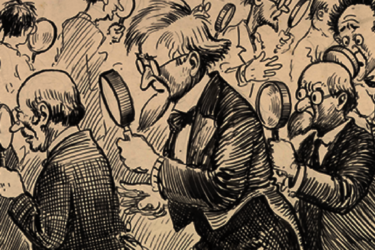
The perils and pitfalls of “doing your own research” about COVID-19 (or any other science)
Ethan Siegel at Forbes argues that you "must not 'do your own research.'" While the title grates, Siegel is correct that most of us are not really capable of "doing our own research" about most scientific and medical questions because we lack the necessary background. We must therefore be humble and be very, very careful about "doing our own research."
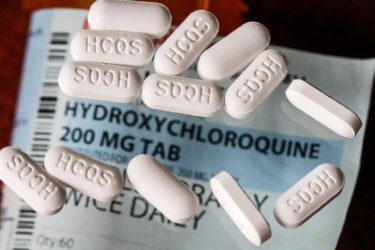
Hydroxychloroquine to treat COVID-19: Evidence can’t seem to kill it
Despite the accumulating negative evidence showing that hydroxychloroquine doesn't work against COVID-19, activists continue to promote it as a way out of the pandemic. This week, the AAPS and a Yale epidemiologist joined the fray with embarrassingly bad arguments.
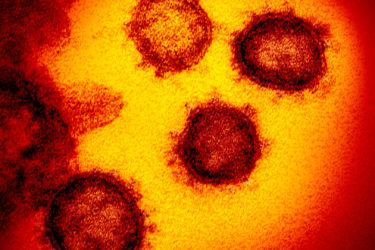
COVID-19 “super-spreaders” and “super-spreading events”: The controversy
Evidence is emerging suggesting that COVID-19 does not spread equally. A minority of infected individuals seem to spread the virus easily to many people, while most infected individuals spread it to few others or no one at all, likely through a combination of circumstance, environment, and possibly biology. Why is this, and what does it mean for coronavirus containment strategies?
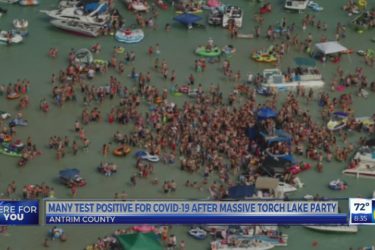
COVID-19 parties: Urban legend or real thing?
You've probably seen breathlessly scolding stories in the media about young people holding "COVID parties", in which attendees intentionally try to become infected with COVID-19. Are these parties really a thing, or are they an urban legend? The answer is not entirely clear yet, but current evidence (more specifically, the lack of evidence) for them is much more consistent with the latter...
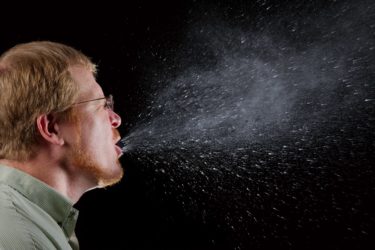
Is COVID-19 transmitted by airborne aerosols?
A recurring debate about COVID-19 bubbled up late last week, when a group of scientists announced an as-yet unpublished open letter to the World Health Organization arguing that COVID-19 transmission is airborne and urging it to change its recommendations. What is this debate about, and, if coronavirus is airborne, should we be more scared?
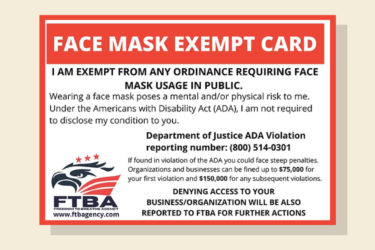
Misinformation and disinformation about facemasks and COVID-19
As evidence accumulates that facemasks work to decrease the risk of spreading COVID-19, new myths have arisen claiming that, not only do facemasks not work, but that they are actively harmful. These myths have no basis in physiology or chemistry, but that hasn't stopped anti-mask activists from using them to claim protection under the Americans With Disabilities Act.
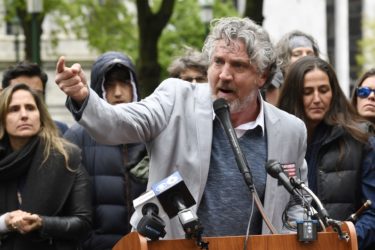
Antivaccine leader Del Bigtree on COVID-19: “Let’s catch this cold!” Why antivaxxers and coronavirus conspiracy theorists are often one in the same.
Last week, antivaccine activist Del Bigtree posted a rant denying the severity of COVID-19, blaming the chronically ill for having made themselves vulnerable to severe disease through their lifestyle choices, and urging the young and healthy to "catch this cold". His rant shows exactly why COVID-19 conspiracy theorists and antivaxxers have such an affinity for each other and have teamed up to...

Plandemic: Judy Mikovits and the mother of all COVID-19 conspiracy theories (some final thoughts)
Last Friday, I deconstructed Plandemic, a misinformation conspiracyfest of a video that went viral last week. It turns out that Judy Mikovits, the disgraced scientist featured in the video has even more conspiracy theories and misinformation up her sleeve.
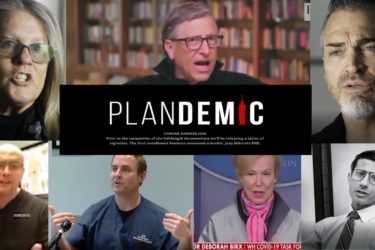
Plandemic: Judy Mikovits and the mother of all COVID-19 conspiracy theories
Judy Mikovits is a disgraced scientist who published a paper claiming that a retrovirus called XMRV causes chronic fatigue syndrome, results that other investigators were unable to replicate. Since then, she's been a regular on the antivaccine circuit, but now she's been reborn as a "Fire Fauci" COVID-19 conspiracy theorist. Sadly, it worked. Her book is #1 on Amazon.


Do face masks decrease the risk of COVID-19 transmission?
As wearing masks to prevent the spread of COVID-19 becomes a culture war issue, the evidence for whether they prevent transmission of COVID-19 remains contested. A new systematic review and meta-analysis provides the best evidence yet that social distancing and masks are highly effective at decreasing the risk of contracting coronavirus, while eye protection might also help, but it's not a slam...